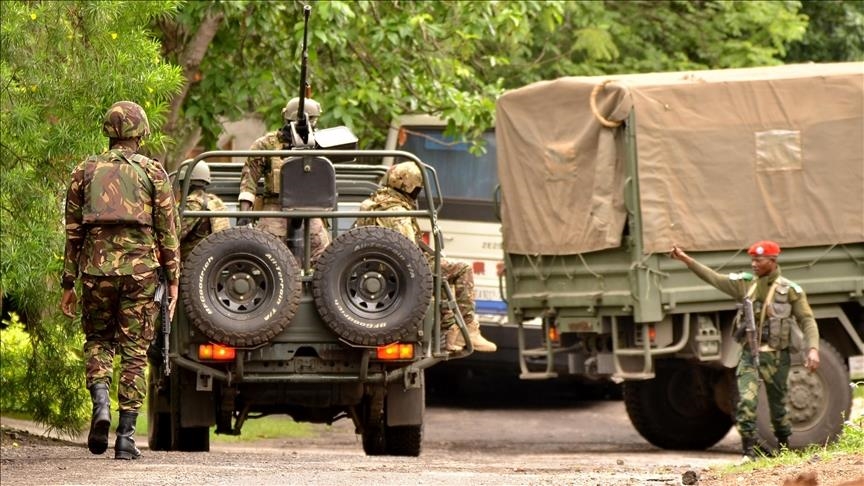The International Committee of the Red Cross (ICRC) has begun relocating hundreds of disarmed Congolese army and police personnel, along with their families, from the eastern city of Goma to the capital, Kinshasa, amid continued instability in the region.
The evacuees had been sheltered at a United Nations military base in Goma, located in the conflict-torn North Kivu province. According to the ICRC, the transfer is being carried out in stages over several days, with Congolese authorities set to take over upon their arrival in the capital.
The operation was launched following a joint request from the Congolese Ministry of Defense, the UN Mission in the Democratic Republic of Congo (MONUSCO), and the Congo River Alliance (AFC), a coalition of armed groups that includes the M23 rebel movement.
Military officials in Kinshasa welcomed the ICRC’s involvement, acknowledging the organization’s role as a neutral facilitator. The Armed Forces of the Democratic Republic of Congo (FARDC) also commended MONUSCO for its logistical support throughout the process.
Eastern Congo has seen escalating violence since late 2024, with M23 rebels capturing major towns including Goma and Bukavu. The Congolese government continues to accuse neighboring Rwanda of backing the insurgents—allegations that Kigali firmly denies.
In March, Congolese President Félix Tshisekedi and Rwandan President Paul Kagame agreed to a ceasefire during talks mediated by Qatar’s Emir in Doha. Despite the truce, sporadic clashes have continued in North Kivu, complicating efforts to stabilize the region.
Last week in Washington, Congolese Foreign Minister Thérèse Kayikwamba Wagner and her Rwandan counterpart Olivier Nduhungirehe signed a U.S.-brokered declaration aimed at de-escalating tensions. The signing, witnessed by U.S. Secretary of State Marco Rubio, committed both nations to respect each other’s sovereignty and to finalize a peace accord by May 2.
While the humanitarian corridor established for the relocation has been hailed as a positive step, analysts warn that long-term peace will require deeper political will, genuine reconciliation, and accountability from all parties involved.



